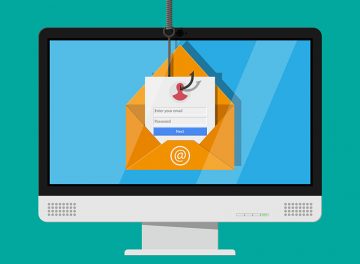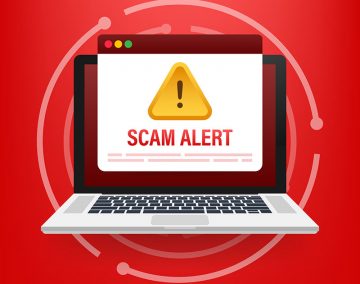Required Order Email Scam

Upon reviewing the "Required Order" email, it has been determined to be spam. The email masquerades as a potential order from a past customer, enticing recipients to divulge their email login credentials through a phishing website posing as a secure document detailing the supposed order.
The spam email, typically titled "Purchase Order and enquiry on [date and time]," inquires whether the recipient ships to Frankfurt, Germany, alleging a prior purchase in 2019 and expressing interest in making another. It directs recipients to sign in via an "Excel online page" to view the purported new order and submit an updated Proforma Invoice (PI).
It is crucial to emphasize that all information contained in this fraudulent email is fictitious, and it is not associated with any legitimate entities.
Upon investigating the phishing site linked in this spam email, we discovered it presents itself as a blurred Microsoft Excel spreadsheet labeled "Excel cloud connect." A pop-up on the page prompts users to sign in (using their email credentials) to access the file.
Credentials entered into phishing websites are captured and exploited by scammers. The risk extends beyond compromised email access; these accounts can be used to access linked accounts and platforms, facilitating identity theft and various fraudulent activities.
In addition to identity theft, cybercriminals can misuse compromised accounts to solicit loans or donations from contacts, promote scams, and distribute malware. Furthermore, sensitive data stored on compromised platforms may be exploited for blackmail or other malicious purposes. Stolen financial accounts can be utilized to conduct fraudulent transactions and online purchases.
How Can You Recognize a Phishing Email?
Recognizing a phishing email involves being vigilant for certain telltale signs that indicate it may be fraudulent. Here are some key indicators to watch for:
Unsolicited Emails: Be cautious of emails from unknown senders or those you didn't expect to receive. Phishing emails often target recipients who have no prior interaction with the sender.
Urgent or Threatening Language: Phishing emails may create a sense of urgency or fear to prompt immediate action. They may claim your account is at risk, or you must act quickly to avoid consequences.
Requests for Personal Information: Legitimate organizations typically don't ask for sensitive information like passwords, Social Security numbers, or financial details via email. Be suspicious of any email requesting such information.
Poor Spelling and Grammar: Phishing emails frequently contain spelling mistakes, grammatical errors, or awkward phrasing. Legitimate organizations usually maintain a higher standard of language in their communications.
Unsolicited Attachments: Exercise caution with email attachments, especially if you weren't expecting them or they come from unknown sources. Malicious attachments can contain malware designed to compromise your system.
Generic Greetings: Phishing emails often use generic greetings like "Dear Customer" instead of addressing you by name. Legitimate organizations typically personalize their communications with your name.
Spoofed Sender Addresses: Check the sender's email address carefully. Phishers often spoof email addresses to make them appear as if they're from legitimate organizations. Look for slight variations or misspellings in the domain name.
Unexpected Requests or Offers: Be wary of emails promising unexpected rewards, prizes, or offers that seem too good to be true. Phishers may use enticing offers to lure recipients into clicking on malicious links or downloading attachments.
Threats or Consequences: Phishing emails may threaten consequences if you don't comply with their demands, such as suspending your account or legal action. Legitimate organizations rarely resort to such tactics in their communications.
By staying vigilant and scrutinizing emails for these red flags, you can better protect yourself from falling victim to phishing scams. If you're unsure about the legitimacy of an email, it's best to verify its authenticity directly with the organization purportedly sending it, using contact information obtained from a trusted source.







